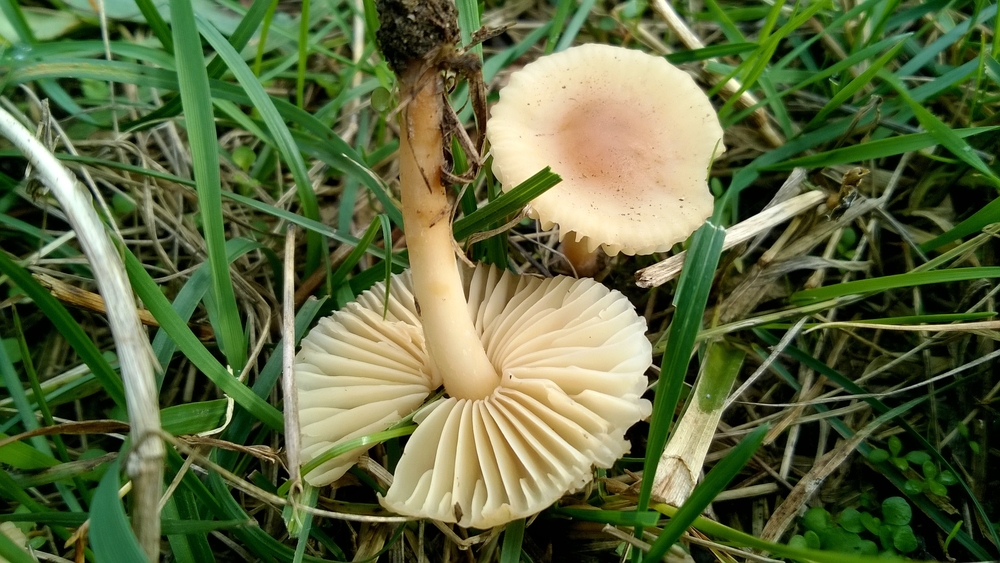
**Healthcare Heroes Embrace Psilocybin and Mindfulness to Address COVID-era Challenges**
Healthcare workers on the front lines of the COVID-19 crisis confront not only the physical strain of their jobs but also considerable mental health hurdles. A recent investigation by the University of Utah Health reveals a novel method that integrates psilocybin therapy with mindfulness training to reduce depression and burnout among these vital professionals.
**Fresh Optimism for Healthcare Workers**
The study focused on 25 healthcare staff directly engaged with COVID-19 patients experiencing depression and burnout. Participants were split into two cohorts: one group participated in an eight-week mindfulness program, while the other received the same mindfulness training along with a single 25-milligram dose of psilocybin, the primary ingredient found in magic mushrooms.
The findings were noteworthy. The psilocybin group’s depression scores fell by an average of 7.2 points, more than double the decrease found in the meditation-only group. Notably, within two weeks, 46% of the participants in the psilocybin group reported being free from depression, compared to just 8% in the meditation-only group.
**The Psilocybin Treatment Method**
This study utilized a scalable model by administering psilocybin therapy in group formats, deviating from the conventional individualized sessions that require two therapists for each patient. Participants engaged in four weeks of mindfulness training, followed by three preparation sessions in a group setting. On the day of the psilocybin dose, all participants ingested the substance under clinical supervision. The following two weeks included three integration sessions to reflect on the experience, augmented by continuous meditation practice.
The psilocybin experience proved to be transformative for many, with eight individuals reporting a “complete mystical experience,” characterized by a profound sense of unity and elevated consciousness. Minor adverse effects, such as nausea, were transient.
**Enduring Advantages and Bonds**
The six-month follow-up revealed enduring advantages: 53.8% of the psilocybin group maintained freedom from depression, in contrast to 16.7% in the meditation-only group. Beyond depression, the study evaluated burnout levels, yielding promising results, though statistically inconclusive, due to the limited number of participants. Individuals in the psilocybin group also expressed a stronger sense of connection to themselves and others, an essential element in countering burnout-related isolation.
**Constraints and Future Perspectives**
Despite its encouraging outcomes, the study encountered certain constraints. It included a small, demographically limited participant pool, and knowledge of treatment assignments may have affected results. Interestingly, while treatment expectations enhanced outcomes in the meditation group, the results for the psilocybin group seemed less reliant on such expectations.
**Final Reflections**
The pandemic has intensified pre-existing mental health challenges among healthcare professionals. This study offers optimism that the combination of psilocybin therapy and mindfulness presents significant advantages. Nonetheless, larger and more varied trials are necessary to comprehend its efficacy across different stress factors and demographics. The research highlights the critical need to address the mental health of healthcare workers to enable them to continue their essential roles effectively.
For more details on the study, visit [PLOS Medicine](https://doi.org/10.1371/journal.pmed.1004519).
*Consider supporting independent journalism to continue receiving accurate, engaging stories on science and medical news.*